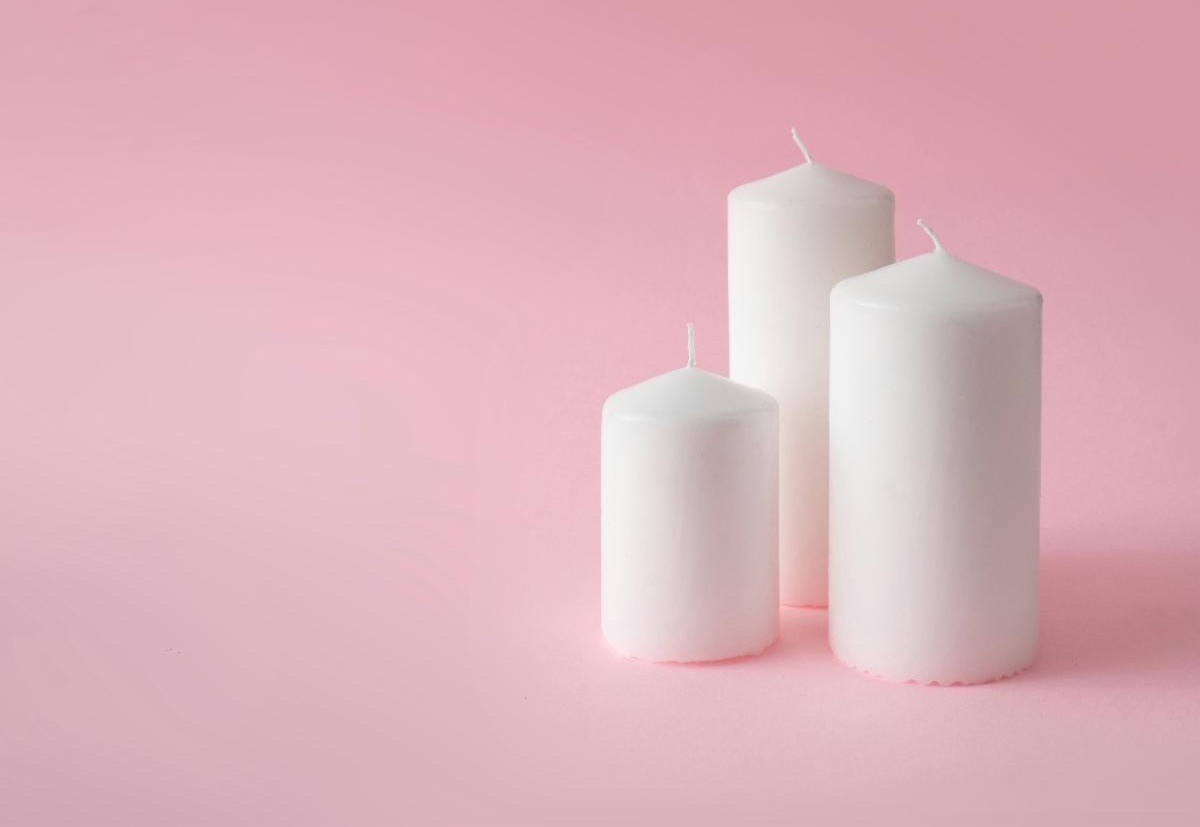I don’t recall who told me it was improper, but I suspect a well-bred college friend, overly-versed in Emily Post etiquette and dramatic rebellion.
(I also have a secondary suspect, but more on that later.)
It doesn’t really matter to the narrative, however, but it certainly isn’t something I was told growing up under much humbler circumstances.
Namely, that displaying candles that haven’t been lit is considered rude.
Note: This advice was given in a pre-Google era.
Thus, I simply shrugged and complied, never understanding why this would ever be branded a social faux pas.
Ranking very low on my list of problems––and taking all of 4 seconds of lighting and extinguishing to complete––I never bothered to dig deeper into the intention behind this minor mystery.
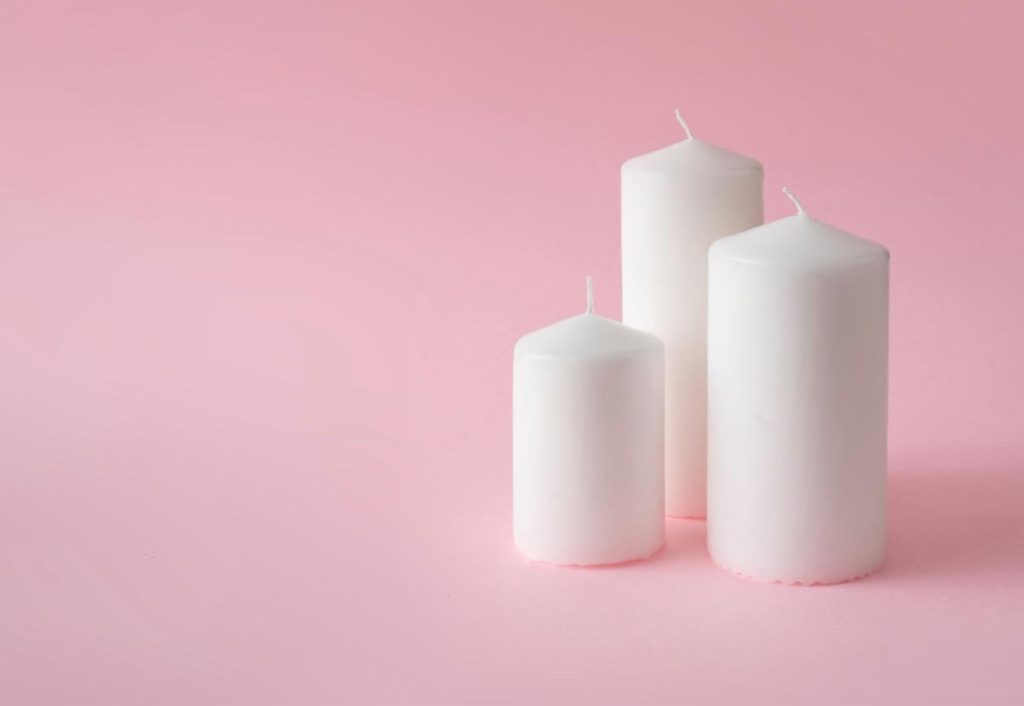
Before I go any further, I have to sincerely thank everyone who sent any positivity my way last week.
The direct outreach was truly moving, even a little overwhelming, and I can’t begin to calculate the appropriate appreciation for all the good vibes and psychic energy of which I’m not directly aware.
Some day I’ll definitely write about the entire saga––perhaps even soon––but for now since it’s still ongoing, let’s just say that the day felt like a significant Victory Step.
The Biggest “Win”: there is finally some clarity, the kind that took a full 3-hours of pouring over ledgers to achieve.
(Just FYI, if I were rewriting Sartre’s No Exitor Dante’s Inferno, that’s exactly what would be happening in my version of Hades.)
There was even a thunderbolt of synchronicity––one I discovered via post-traumatic googling as I rode away in my Uber––that when I shared with two different friends, they each began humming the theme from The Twilight Zone.
Stay tuned for more details in the bio-pic.
In the meantime…

This spring I discovered someone I very much admire reads this newsletter and through her instagram, last week I experienced this poem by Pádraig Ó Tuama which spoke to me in the perfect way and at the perfect time.
Maybe it will for you, too.
The Facts of Life
That you were born
and you will die.
That you will sometimes love enough
and sometimes not.
That you will lie
if only to yourself.
That you will get tired.
That you will learn most from the situations
you did not choose.
That there will be some things that move you
more than you can say.
That you will live
that you must be loved.
That you will avoid questions most urgently in need of
your attention.
That you began as the fusion of a sperm and an egg
of two people who once were strangers
and may well still be.
That life isn’t fair.
That life is sometimes good
and sometimes even better than good.
That life is often not so good.
That life is real
and if you can survive it, well,
survive it well
with love
and art
and meaning given
where meaning’s scarce.
That you will learn to live with regret.
That you will learn to live with respect.
That the structures that constrict you
may not be permanently constricting.
That you will probably be okay.
That you must accept change
before you die
but you will die anyway.
So you might as well live
and you might as well love.
You might as well love.
You might as well love.
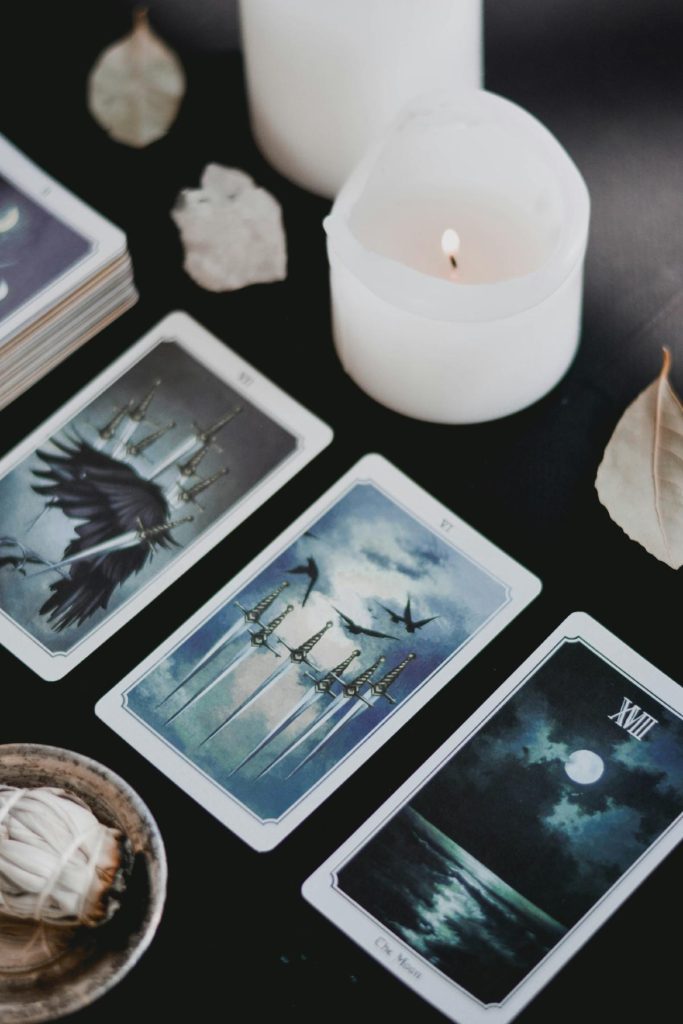
My second suspect for that candle etiquette rule was deeply rooted in all things Wicca and astrological.
She insisted that candles be snuffed out so as to “respect the flame.”
Since fire is viewed as sacred and used in so many rituals to honor deities, ancestors, or enhance meditation, just blowing out your candles is considered disruptive, even crass.
Indeed, I’ve often written about how this month’s theme––the Power of Intention (June meditation HERE)––can be enhanced by incorporating ritual.
This, however, is not the reason I learned that some people believe that displayed candles should always be lit first.
The intention behind it is quite different, outdated perhaps but charming.
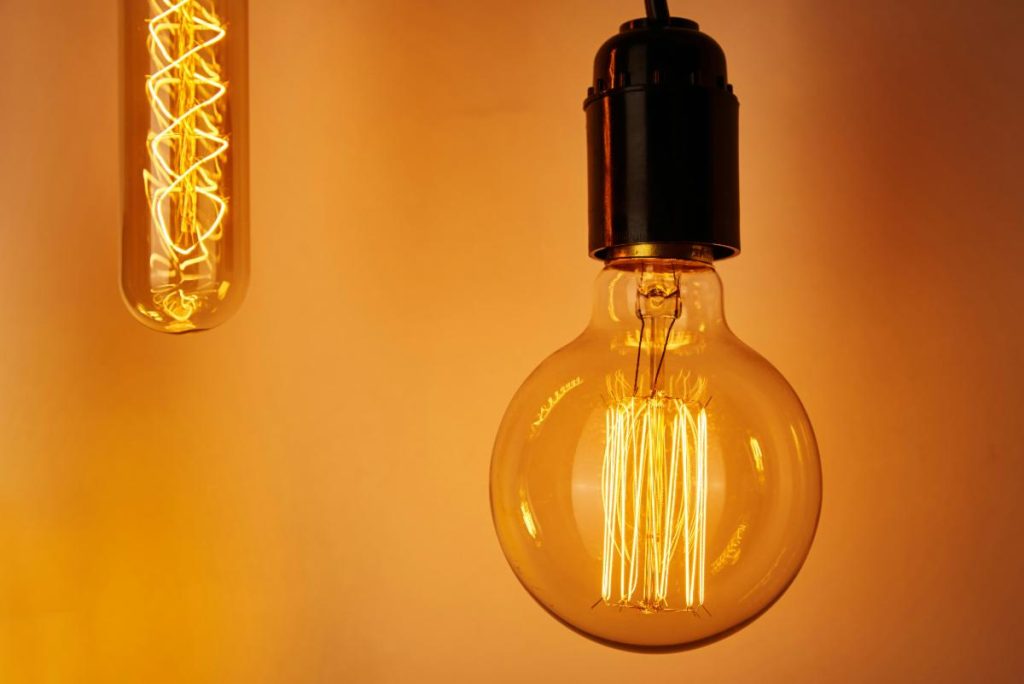
Sometime between the late 19th and early 20th centuries, more and more people began getting electricity in their homes.
The first practical electric lighting system was installed in New York City in 1882.
Candles therefore became less of a necessity.
Now, we live in an era of pricey luxury candles, but around the turn of the century having unlit candles on display might mean you were boasting about having electricity and not needing them.
According to the World Bank, as of 2020, the electrification rate in the United States is effectively at 100%.
Given that you’re reading this––an electronic newsletter––it’s very safe to say you’re not the extremely rare exception.
In 1910, however, that might not have been the case and one way to show off your wealth to your less fortunate neighbors was by flaunting unlit tapers in your candelabra.
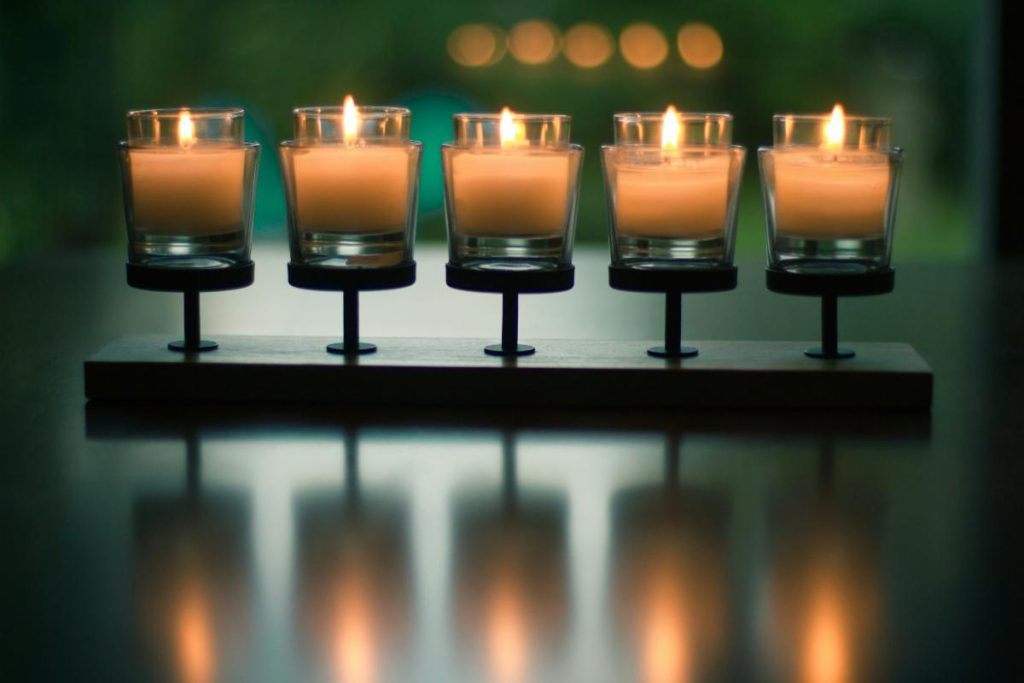
Here’s the line that hooked me most in Pádraig Ó Tuama’s poem:
“You will probably be okay.”
It felt like the perfect companion to all the sincerely optimistic thoughts people were sending, the poem’s lines impersonal and measured, and somehow therefore feeling absolutely and deeply truthful.
As a final note, even though I’m confident everyone who visits my home has electricity, I still briefly light my candles before displaying them.
Maybe it’s just out of habit, but knowing what I know now about the tradition’s origins, I also like the nod to the intention of not making anyone feel bad about their own situation, of realizing our actions not only have consequences but also transmit messages.
Again, candles, like the poem, remind us:
“That life is real
and if you can survive it, well,
survive it well
with love
and art
and meaning given
where meaning’s scarce.”
This week when I asked for support, several people wrote to me saying they were lighting candles; whether those had fresh wicks or not, I’ll never know.
I’m simply respecting, and truly grateful, for the flame…andthe meaning behind it all.
Namaste for Now,

